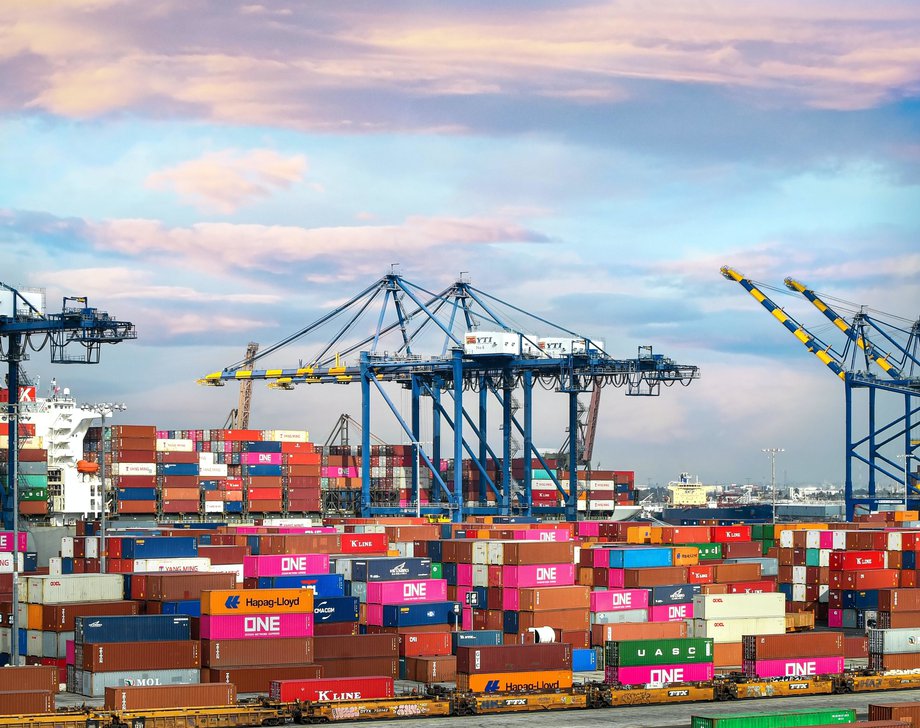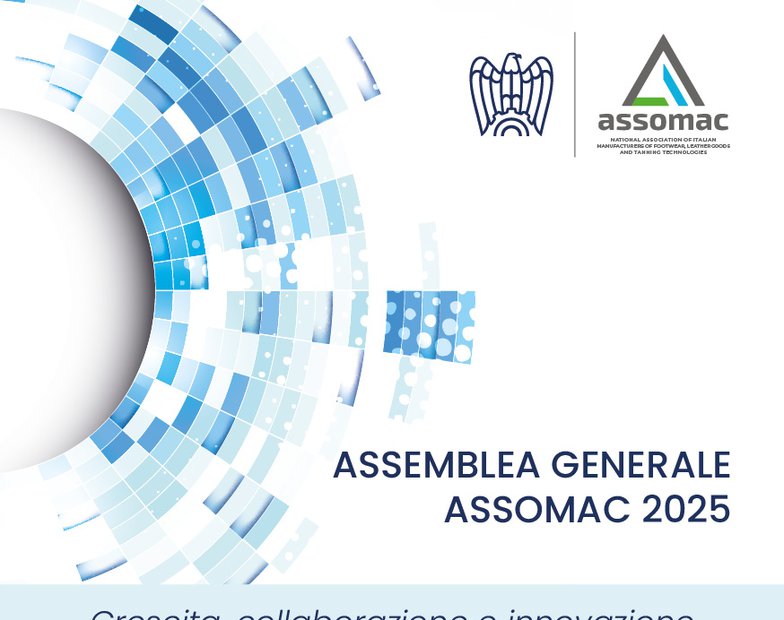“Is there an end in sight to supply chain disruption?”, asks the Financial Times who denounces the depth of the global supply chain crisis, while already since June, 94% of companies involved in a Survey on Global Supply Chains conducted by Heules Hermes in the US, UK, France, Germany and Italy reports a Covid-19 induced disruption in their supply chains. A “serious interruption” for 1/5 of them, including highly digitized ones.
The FT investigation reveals the dramatic risk of continuing in 2022 with a replication of the supply chain problems already seen in 2021, which fills companies with terror.
The thesis of the survey, however, is that a key factor in determining whether transatlantic liners can restore a reliable infrastructure for global trade in 2022 will be the strength of demand for consumer goods.
In turn, Heules Hermes’ survey highlights the “deglobalization” element caused on supply chains by Covid-19. No one announces radical changes towards the reorganization of supply chains, but many companies are already trying to find new suppliers nationwide and bring their production closer together. Therefore they also seek support and protection from political institutions. A growing demand for protection and a multifaceted resilience strategy are the game-changing factors, and governments have a role to play in increasing the resilience of the domestic supply chain.
In search of post-Covid-19 resilience
After the Covid-19 lockdowns disrupted global supply chains and put the concepts of resilience and supply chain reorganization on the lips of all policymakers, the study’s authors set out to test corporate sentiment in the US, UK, France, Germany, and Italy. They interviewed a sample of high-level managers in 1,181 companies in these countries across six sectors (IT, telecommunications, mechanics, chemicals, energy, and utilities, automotive and agribusiness) about their outage experiences and their plans to make their business chains more resilient supply. The survey was conducted online from mid-October to early November.
While almost all the companies surveyed (94%) reported a disruption in their supply chains induced by Covid-19, US companies stand out with 26% reporting a “serious disruption” (against 17% on average for other countries), as well as companies operating in the Mechanical, IT, Telecommunications, Energy and Utilities sectors (25% against 16% of Chemical and Automotive companies).
To cope with the crisis, most companies (52%) have resorted to hedging tools such as insurance, stock creation and the search for alternative supply solutions to be activated when necessary. Companies have also been actively committed to better monitoring and understanding of supply chains. This is followed by the reorganization of the supply chain, with 4 out of 10 companies indicating that they have already changed some foreign suppliers and moving parts of their production. An average of 32% of respondents indicated that Environmental, Social, Governance (ESG) due diligence on suppliers is increasing to mitigate supply chain disruption. In addition, 57% of highly digitized companies (reporting six to eight different digital assets) sought potential coverage compared to just 43% of less digitized ones (reporting from zero to two digital assets), suggesting greater agility and proactivity as the crisis hit.
While 55% of the companies surveyed are considering the possibility of looking for new suppliers in the next 6-12 months, and 62% are considering it in the long term, in a third of cases they are looking at countries that are already in the three most important supply locations. In fact, 20% of the companies surveyed consider the possibility of finding new suppliers at home, which is more than any other country. The Covid-19 crisis does not mean the end of the Chinese supplier, which remains the most popular outside of local suppliers, probably due to the search for cost-effectiveness in times of great uncertainty and after an unprecedented shock. “Margin improvement” is cited as the most popular reason to look for a new supplier.
Will Covid-19 mark the beginning of the end of globalization? Not so fast: Less than 15% of companies are considering reviewing their processes. But aggregating the answers, you find that about 30% of companies prefer nearshoring, that is, bringing production to a neighboring country (particularly if it is part of the same customs union or free trade agreement). Companies are divided on the reasons for this choice, from the search for better quality suppliers, to the increase in turnover and margins, to the reduction of delays and the better management of stocks. A third of French companies, for example, mention the desire to create jobs at home.
What does this mean for global trade? Resilience strategies will be multifaceted as competitive dynamics shape international production and demand for protection increases. What will drive supply chain decisions? Traditional issues such as production costs, quality and transport, and investment costs. For example, if it were a reorganization, 40% of the companies surveyed would pass on the costs to customers. Multishoring or diversification is also commonplace, but companies are also concerned about environmental risk, potentially announcing greater control and rationalization of supply chains based on ESG criteria.
What does this mean for policymakers? Governments have an important role to play in strengthening the resilience of the internal supply chain. But there is no miracle drug, and the responses of companies are divided into several policy measures, which underlines the multifaceted future of international production. In the UK, supply chain concerns related to Brexit are evident, with companies concerned about cost competitiveness: 51% mention free trade agreements among the three most important measures to increase resilience. In France, the focus is on labour market flexibility and R&D investments to affirm the country’s position in global value chains, while in Italy companies are concerned about national tax incentives to increase attractiveness.


